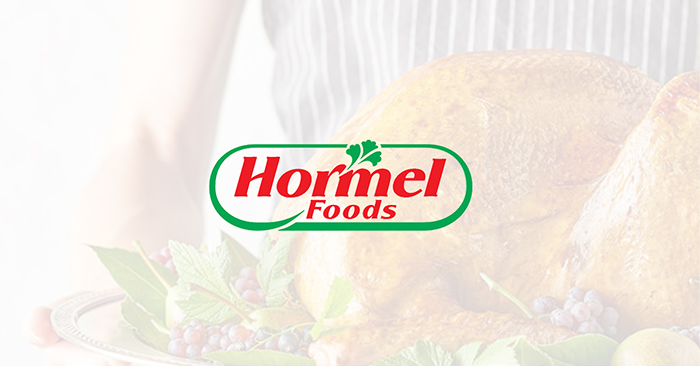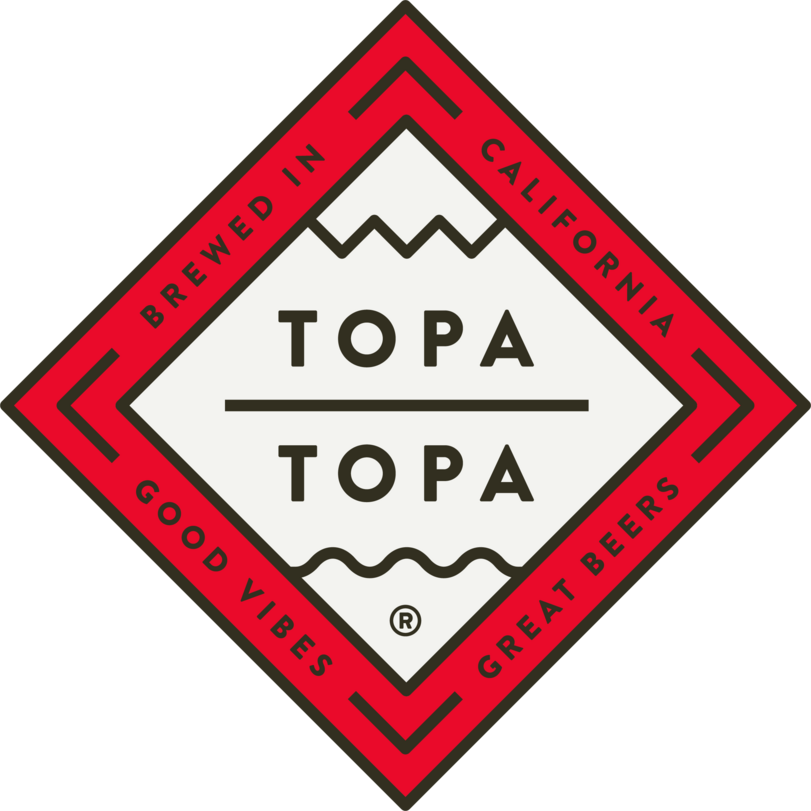Hormel Talks Interest in Snacking, Plant-Based Meat During Investor Presentation

During an investor presentation on Thursday, Hormel Foods highlighted opportunities for expansion in categories like on-the-go snacking and plant-based meat as the company continues to evolve from its roots as a commodity-driven meat-focused platform to a “global branded food company.”
The presentation, led by Hormel chairman, president and CEO Jim Snee, centered around the concept of “moving onward,” outlining plans for sustainable growth that will enable the company “to evolve into a better, stronger and more agile, and more balanced, global food company.” After shifting its focus from meat to protein over the last decade, Hormel is now transitioning into a broader identity that includes categories like snacks across retail, deli and foodservice, a new phase which was kickstarted with the acquisition of nut brand Planters in February.
“Moving onward means thinking boldly and differently, leveraging our 130 year history while executing the strategies and initiatives that will ensure our success well into the future,” Snee said.
As it charts this path forward, Snee said Hormel is responding to three key changes in consumer behavior: an increase in at-home cooking, the redefinition of what value and convenience mean for consumers, and the widespread adoption of ecommerce. With those changes in mind, in 2022 that brand will focus on several strategic priorities, like expanding in foodservice, protecting and growing its core brands (like SPAM and Jennie-O) and extending its reach globally, particularly in China and Brazil. It’ll also look to scale up its presence in snacking and entertaining, particularly through Planters, and enhance its ethnic and “food forward” portfolio, which includes Happy Little Plants, Herdez and Applegate.
The acquisition of Planters, which closed in June, opens several growth opportunities to the company, particularly growing its presence in the c-store channel, Snee said. The nut company will look to new marketing campaigns, flavor innovation and sustainable packaging to grow consumer interest, while exploring the potential of new snacking and entertaining occasions which it anticipates will accelerate as the pandemic subsides. Because of this, snacking will be Hormel’s “next major growth pillar,” Snee said.
Beyond Planters, investments in new innovations across brands like Justin’s, Skippy, Herdez and Hormel Black Label brands have proven to be a notable portion of its sales, Snee said. “Innovative products” — items that launched within the last five years — make up 15% of the company’s sales, and Snee said it aims to maintain that metric going forward.
Snee said the company continues to look at new opportunities for not only acquisitions, but joint ventures and early stage investments to grow its portfolio, with foodservice, international and on-the-go snacking currently the most attractive segments for Hormel. With these ventures, it is looking to establish a “balanced portfolio” of inputs, with its portfolio currently consisting of 50% pork products, 25% other meat proteins and 25% non-meat products. This prevents the company from being “overexposed to any one market dynamic,” which allows for more consistent earnings, Snee said.
Non-meat areas also include plant-based meat. Last week, the company announced that its venture arm 199 Ventures has entered into an exclusive partnership with California-based alternative protein company The Better Meat Co., which produces a Rhiza mycoprotein ingredient that can be blended with meat or used in an egg or meat substitute. Hormel said in a press release that the two companies will collaborate to bring new mycoprotein products to market. While he did not share what types of products they planned to launch, Snee noted during the presentation that Hormel’s ability to produce products at scale “is a big part of the equation that we bring to this joint development agreement.”
Within the refrigerated foods category specifically, Deanna Brady, EVP of refrigerated foods, noted that Hormel is “excited about [its] opportunities” in the plant-based space. The company recently debuted a plant-based pepperoni for foodservice with its Happy Little Plants brand, which is sold under its subsidiary Burke Corporation. These efforts come as interest in plant-based and better-for-you pizza offerings has grown in foodservice and retail. Last month, Banza debuted two plant-based pizzas: a Supreme sausage pizza variety featuring Beyond Meat’s Italian Sausage Crumbles and a Plant-Based Cheese flavor made with Follow Your Heart’s dairy-free cheese.
“When you think of pizza and pepperoni and toppings, it’s something that Hormel is known for, so why shouldn’t we be known for plant-based pizza toppings as well? We see that as a really great pocket of growth for the future,” Brady said.
As it evaluates additional opportunities in the plant-based category, Hormel is considering where it has the “right to win” based on its core competencies, Brady said. For its own brands’ current plant-based pizza topping and meatball offerings, she said the team has a pipeline of innovation that will bring the company into other plant-based products within foodservice. It is also developing a “parallel track” for potentially launching these products into retail.
Snee said that it will be important for the company to watch and understand “where the consumer is going” within plant-based to produce products most tailored to their needs.
“It’s important for us to also keep our eyes and ears open in terms of what is happening in the space — the new technologies that are developing — so that we can be on the cutting edge as these technologies not just come into play, but as they scale,” he said.
















